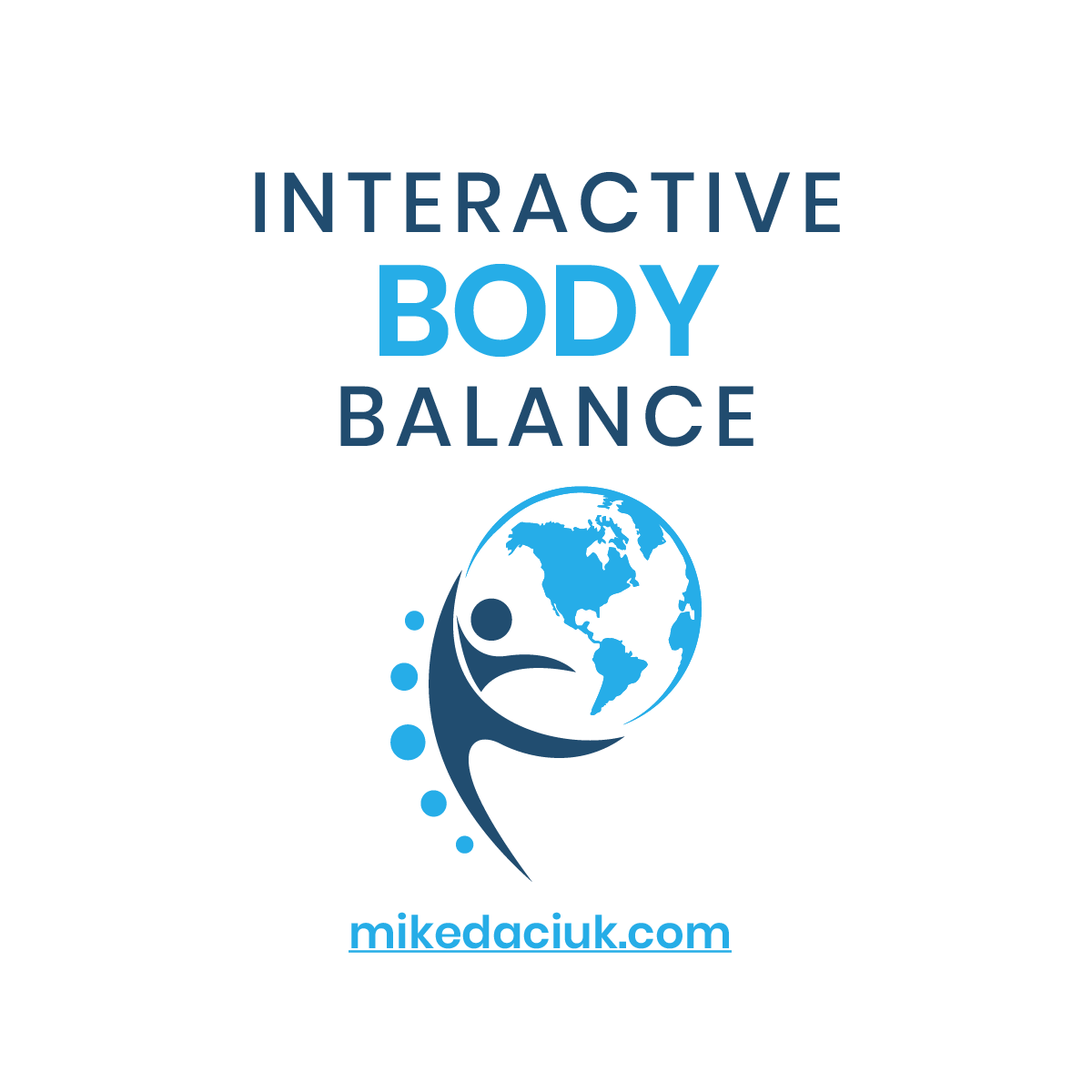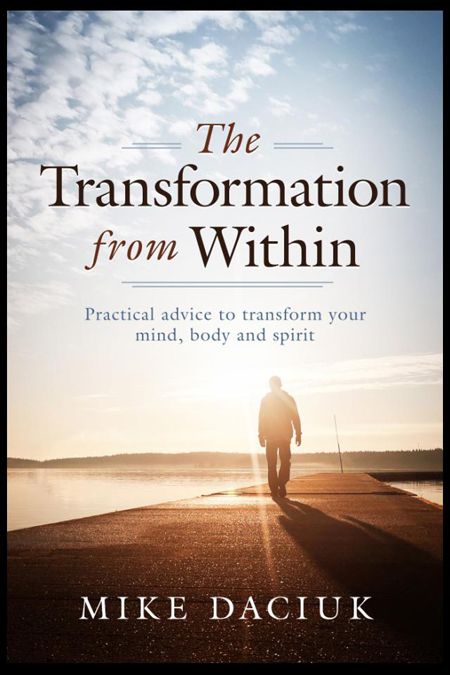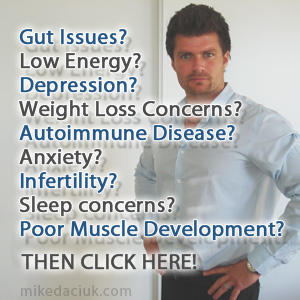Top Foods To Help With Sleep
Warm chamomile tea, which is known for its calming properties.
“Certain foods, too, are known for their sleep-inducing effects. Cherries, for instance, are a natural source of the “sleep hormone” melatonin, and drinking tart cherry juice has been found to be beneficial in improving sleep duration and quality.” 1 Alternatively, almonds and spinach are rich in magnesium, which is known for promoting sleep and relaxing muscles.
“Melatonin is synthesized in the brain by the pineal gland, along with serotonin, which is a neurotransmitter that is also involved in sleep regulation. An important raw material for this synthesis is the amino acid tryptophan, and carbohydrates increase the amount of tryptophan available to the pineal gland. Studies have shown that eating a carb-rich meal a few hours before bed can shorten sleep onset, and higher-glycemic carbs in particular seem to have the greatest effect. (13, 14, 15) If you have insomnia, and particularly if you’re on a low-carb diet, adding some carbs at dinner could be an easy and effective way to improve your sleep.
On the other hand, high-protein meals can decrease the availability of tryptophan because other amino acids compete for transport across the blood-brain barrier and into the pineal gland. (16) However, the glycine-rich proteins found in skin and gelatinous cuts of meat don’t have this effect, and studies have shown that gelatin consumption before bedtime (say, a mug of bone broth) can improve sleep quality. (17)” 2
Top Supplements To Help With Sleep
Melatonin
Valerian
Kava
L-Theanine
Tryptophan
GABA
Passion Flower
Highly rated sleep products (recommended by peers):
Sources:
http://articles.mercola.com/sites/articles/archive/2013/02/18/diet-influences-sleep.aspx#_edn2
As always, consult with your physician before taking and supplements or products. This is simply what the research illustrates and clinical evidence.
Sleep Overview
As I start this chapter, I reflect upon the times I have been at my best and achieved the goals I have documented. You don’t fall into success or wake up with all the accolades and glory. You have to plan your future, develop a strategy on how to get there and then implement. I can tell you first hand that one of the most important factors in determining how well your day will go is the quality of sleep you had the night before. You wake up feeling refreshed and your body has physiologically and physically repaired itself. Now we all have friends and family who say they can get by on two to three hours sleep each night. I will tell you that may be so for a year, two or five but not over an extended period of time. It will eventually catch up with you in the form of some type of illness. I have seen it time and time again. It is true that some people can get by with six hours while others need ten. The “sweet spot” is around eight and many people are aware of this.
Physiological
Sleep is an integral part of your 24 hour day and synergistically works with your circadian rhythm. Your body produces higher amounts of the stress hormone cortisol in the morning to get you up and ready to face your day. As the day moves along, you produce less cortisol and there is very little left around 10 p.m. at night. The antagonistic part of cortisol is melatonin in the sense that it increases later in the day and closer to 10 p.m. when you are getting ready to go to sleep. Melatonin is primarily produced in the gut and it will assist with helping you sleep. This process is also known as your circadian rhythm or circadian clock. You wake up when the sun rises and your body starts to prepare for sleep when the sun is going down. It does not like to be disrupted as evidenced when you travel overseas and experience jet lag. That is why I recommend you take your shoes off and let your feet touch the earth when you travel. This grounding technique is excellent for resetting your circadian clock.
To understand what the body and mind are doing while you sleep is very important. There are two main types of sleep and they are Non Rapid Eye Movement (NREM) and Rapid Eye Movement (REM). Think of NREM Sleep as your body physiologically repairing itself. This is where your breathing slows down, your heart rate slows down and your blood pressure drops. It is a time of repair and there are four stages of NREM sleep. Stage 1 is where you feel drowsy and brain waves start to slow down. Stage 2 is characterized by light sleep, a drop in heart rate as well as body temperature. Stages 3 and 4 are what we call deep sleep and this is where you have delta brain waves. Everything is very low and resting and the body does not want to be disturbed during this time. It is the kind of sleep we can all hope for.
The other main type of sleep is REM and this is where your brain waves are fast, limb muscles become paralyzed, heart rate and BP increase and you will dream a great deal. Think of this stage as your body physically repairing itself while your muscles and limbs rest. Over the course of an eight hour sleep, your body will move back and forth between NREM and REM sleep. There will be 60 or 90 minute periods of REM sleep augmented by the same duration of NREM. The amount of time in each also varies as you get older in life. Sleep is also very important at repairing biochemical processes, regulating and nourishing hormones, and ensuring the body is ready for the next day. The take away is that your body goes through periods of physiological and physical repair throughout the night. 84
How Can a Lack of Sleep Harm You?
People don’t seem to care until it affects their health. They will talk about it in passing or mention how they only had two hours the night before but everything gets serious when they get a poor medical report. Lack of sleep can really impact your health in numerous ways. The first point is that it hurts your immune system. Cytokines are chemicals our immune system uses to help fight an infection and are also powerful sleep-inducers. Lack of sleep reduces prominence of cytokines. The second way in which a lack of sleep affects your body is by hurting your hormones. Sleep is the time when the body releases hormones that affect development, energy control, metabolic control and the endocrine system. As you start to wake up, cortisol is released and is highest around 6 a.m. in the morning. It is high so you have the energy to face your day. Growth hormone, follicle stimulating hormone (FSH) and luteinizing hormone (LH), are also utilized while you sleep and they are important for reproduction. I see it all the time in my practice for clients with fertility issues.
The third way in which a lack of sleep affects your body is through the interference with your leptin receptor. Leptin tells you when you are full and if this hormone has been adversely impacted, then this can lead to diabetes and obesity. Lack of sleep also contributes to impaired judgement and slower reaction times. Your nervous system is not firing as it should and your motor skills are affected by this. As you can see, there are many reason why you need to get a solid eight hours of sleep. Your mood, energy levels and overall vitality depend on quality sleep. Don’t cut corners and ensure you balance out your 24 hour day with a strong circadian rhythm.



